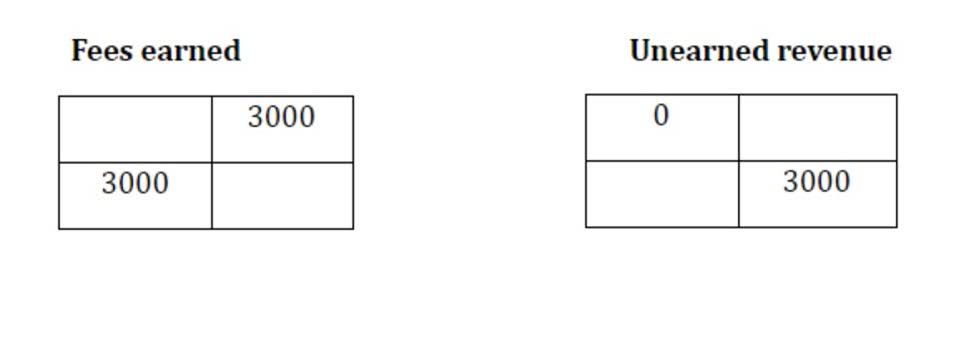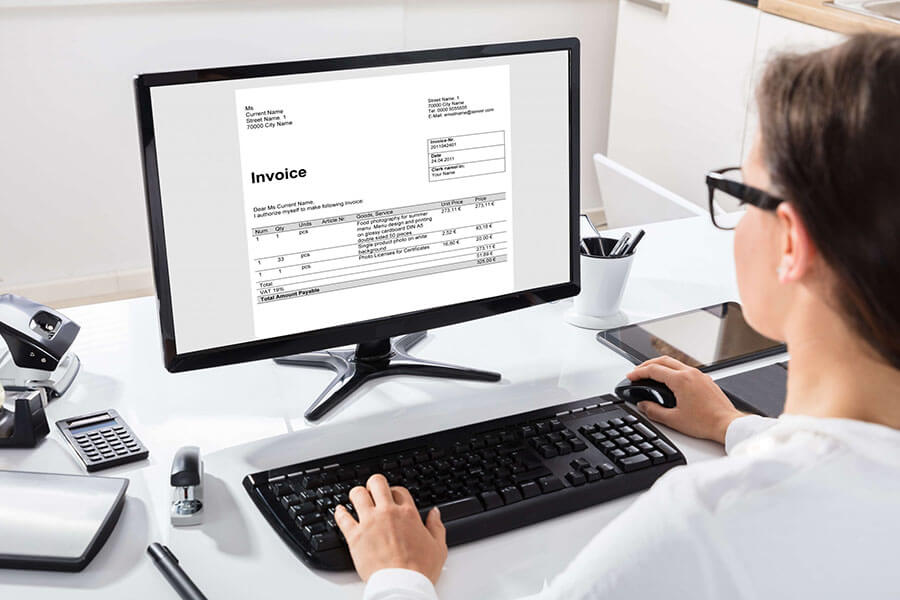
Using such an algorithm will prevent collusion among members of the network, because the stakeholders of a transaction have an interest to act in a nonmalicious manner. Major accounting firms like Deloitte and PwC are exploring blockchain’s potential in auditing. Deloitte has developed platforms for real-time transaction verification, enhancing accuracy and reducing fraud risk. PwC is similarly investing in blockchain to improve audit efficiency, demonstrating its growing acceptance in the profession.
۱. Case Studies of Organizations Implementing Blockchain Technology in Financial Accounting
This will streamline supply chains, simplify auditing procedures, and enhance transparency in global financial transactions. The technology’s potential for automating regulatory compliance, through Regulatory technology (RegTech) solutions built on blockchain, will reduce compliance costs and enhance data accuracy. With blockchain, auditors can directly access the ledger and verify the accuracy of transactions without going through multiple documents or data sources.
Regulatory uncertainty
- Blockchain is revolutionizing financial auditing with its decentralized and immutable ledger system, enabling auditors to verify transactions with exceptional accuracy and speed.
- Performing confirmations of a company’s financial status would be less necessary if some or all of the transactions that underlie that status are visible on blockchains.
- Blockchain technology, in particular, is a transforming force to ensure financial data integrity and eliminate the risk of tempering using its decentralized ledger system.
- Tokenization is the process of converting physical or intangible assets (like real estate, shares, or intellectual property) into digital tokens on a blockchain.
Blockchain enhances transparency by providing a clear, accessible record of all transactions. Every action on the blockchain is visible to all authorized participants and recorded chronologically in an immutable ledger. Since all data is accessible, businesses trace the history of any transaction at any time and offer a level of transparency that is difficult to attain through traditional systems.

Blockchain Myths Debunked: Separating Fact from Fiction
Accountants can also work as advisers to companies considering joining blockchains themselves, providing advice on weighing the costs and advantages of the new system. Accountants’ mix of business and financial nous will position them as key advisers to companies approaching these new technologies looking for opportunity. Performing confirmations of a company’s financial status would be less necessary if some or all of the transactions that underlie that status are visible on blockchains.
- Blockchain Accounting has emerged as a groundbreaking solution in the world of Finance and Accounting, where accuracy, transparency, and security are paramount.
- This straightforward multi-party encryption allows the appropriate authorities to independently audit the exchange of invoices at any time.
- Our tailored services have helped our clients with streamlined accounting operations, financial transparency, and enhanced profitability.
- In the realm of modern finance, blockchain technology has emerged as a transformative force, redefining the landscape of accounting practices.
- Businesses must invest in ensuring robust security measures to mitigate risks like hacking or fraud.
The immutable ledger ensures no record can be altered, eliminating the manipulation of tax-relevant data. Finally, due to the integration with the API of tax offices, smart contracts can calculate and file tax automatically based on recorded transactions. One blockchain in accounting of the most significant advantages of blockchain is its ability to provide real-time updates to financial records.

It’s not clear how long organizations will take to adopt block-chain and alternative accounting information systems due to the numerous aforementioned challenges. In the interim, CPAs should commit to learn about the technology, experiment with it and participate in its innovation. Even so, a wide range of approaches have Financial Forecasting For Startups emerged that may lead to block-chain accounting systems (see Exhibit 3). These approaches range from IT services that use a build-on-request approach to special application programming interfaces (API) that permit an institution’s ERP system to communicate with a blockchain application.

۷. Co-Occurrence Network

The integration of blockchain technology into accounting processes presents both opportunities and challenges for professionals in the field. As organizations recognize the benefits of transparent and tamper-proof normal balance financial records, accountants are tasked with navigating this new landscape. Blockchain simplifies compliance with financial regulations by offering a transparent and immutable record of transactions. Many industries are governed by strict regulations requiring businesses to maintain accurate records, such as the U.S. Sarbanes-Oxley Act (SOX) or the International Financial Reporting Standards (IFRS) for global operations. Blockchain’s decentralized nature and the fact that every transaction is recorded in real-time provide a ready-made audit trail for compliance purposes.
Blockchain Technology and Its Core Features
As the market gets more educated, blockchain implementations become simpler, more robust, and best of all, cheaper. INAA’s goal is to support accountants looking to upgrade their tech stack through knowledge sharing, and professional development. With over 140 members across 50 countries, INAA enables accountants to connect with global experts, access cutting-edge tools, and stay ahead of industry trends.
